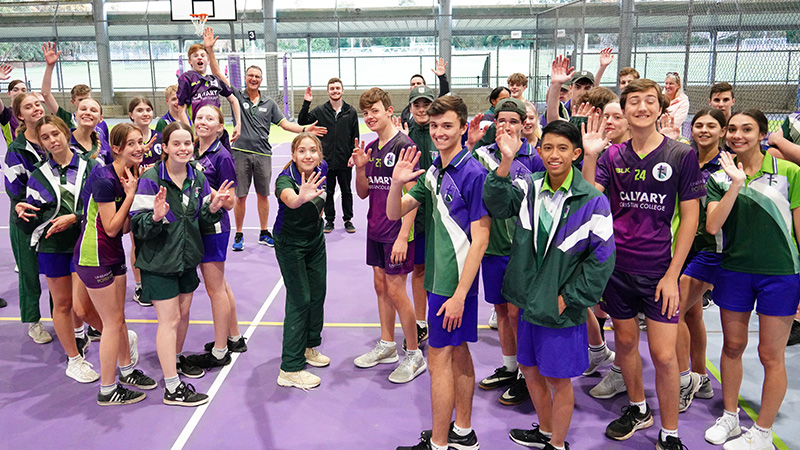The Power of Sport
22 February 2022

There are many obvious advantages for children to be involved in sports, especially when it comes to the physical benefits. Sport can help to create habits and health benefits that last long into adulthood. Research constantly points towards the necessity for all of us to move more in our daily lives (not just through organised exercise) – the more physical activity kids engage in the better. Reducing the amount of time children spend in sedentary activities (e.g. playing computer games, other screen time) is also recommended and can be just as important as increasing daily physical activity.
Physically, sport and exercise contribute to:
- Reduced risk of obesity
- Increased cardiovascular fitness
- Healthy growth of bones, muscles, ligaments and tendons
- Improved motor skills, including coordination and balance
- Improved sleep (boosts brain development which leads to increased academic learning)
But there are also many social, emotional, and developmental aspects to the growth of a child (or anyone for that matter) where sport plays a significant role.
Playing in a team helps children to develop many of the social skills they will need for life. It teaches them to cooperate, to be less selfish, and to listen to others (teamwork). It gives them a sense of belonging and helps them to create friendships and build their social circle. Playing sport means children are expected to follow rules, accept decisions, and understand that they could be penalised for bad behaviour. It teaches them to take directions from coaches, referees, and other adults. Sport also teaches the personal skill of leadership, either as a teammate or in an official role within their team.
Developmentally, sport helps children develop better ways to cope with the highs and lows of life. When they’re playing sport, children learn how to win and how to lose. Being a good loser takes maturity and practice. Losing teaches children to bounce back from disappointment, cope with unpleasant experiences and is an important part of becoming resilient. Playing sport helps children learn to control their emotions and channel negative
feelings in a positive way. It also helps children to develop patience and understand that it can take a lot of practice to improve both their physical skills and what they do in school.
Feel free to chat with our Program Coordinators and PE staff to discuss ways in which your child can be involved in sports at Calvary – we have many options to cater for a range of interests and abilities.